A cruise expert writing for a cruise website might feel a little biased coaching you on whether to go on a cruise. But the truth is, despite its many merits, cruising isn’t for everyone.
Of course, you probably landed on this page for a reason. This means you might be considering boarding your first cruise ship — or trying to convince a friend or family member to take the plunge. As objectively as possible, this list of basic questions will guide you through the pros and cons of a cruise vacation.
EXCLUSIVE SAVINGS: Get Deals on Your Next Cruise!
Should I Go on a Cruise? 5 Questions to Help You Decide
Why go on a cruise?
While this is a simple and straightforward question, the answer is multi-faceted. There isn’t just one reason to take a cruise. So, we’re offering a few of the key driving factors that attract people to a holiday at sea.
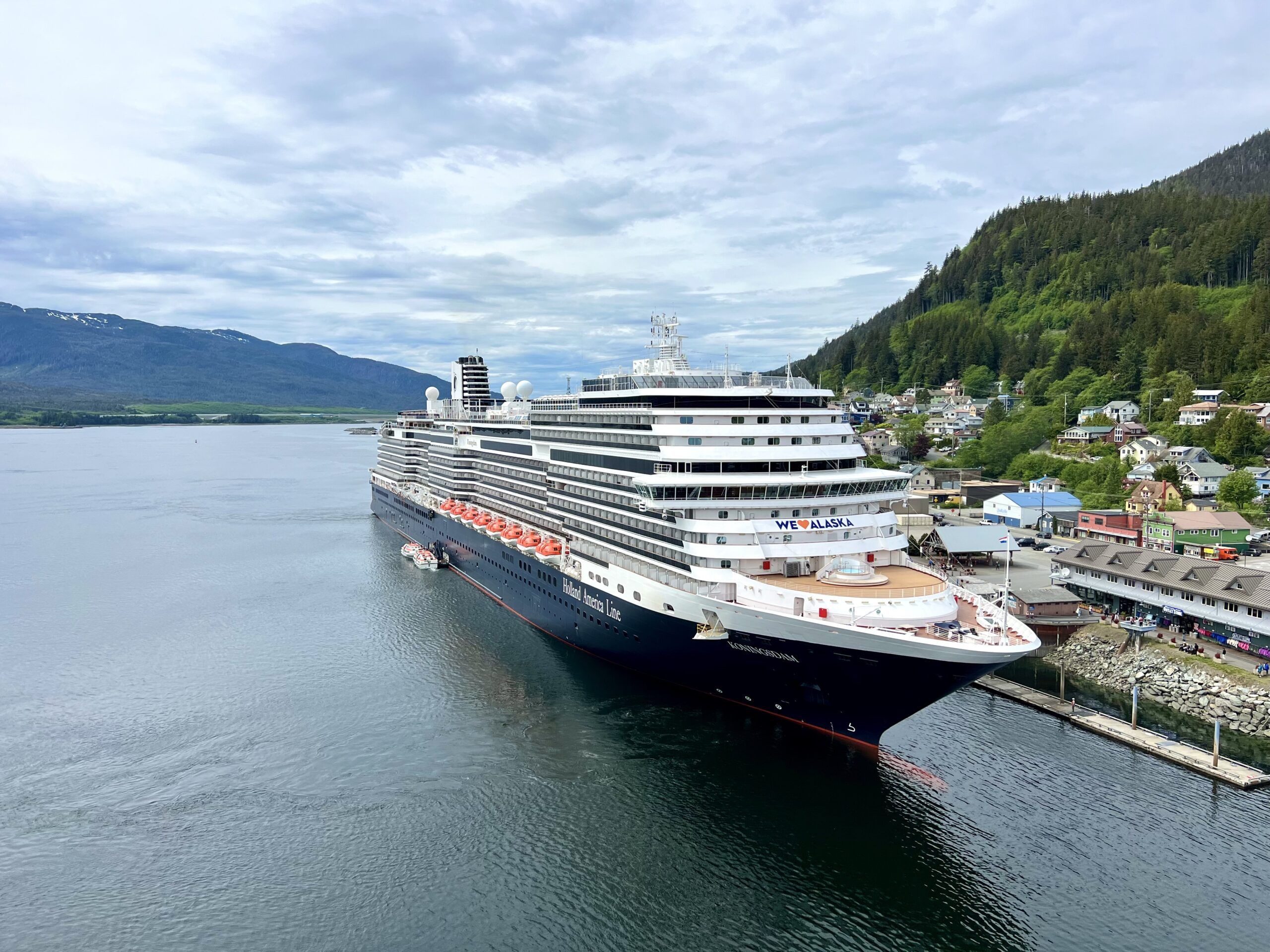
It’s a hotel that travels with you.
It’s one thing if you are absolutely content to be lazing near the pool of a stationary resort in Mexico. But if you’re looking to travel from place to place on your trip, costs can quickly add up in the form of rental cars, multiple hotel rooms or vacation rentals, plus transportation in the form of flights or train rides.
Enter the cruise vacation. The mounting cost of a DIY itinerary aside, the hassle of arranging a series of hotel stays, taxi rides and meals — especially in a country where you might not speak the language — can quickly become daunting.
A cruise ship is a hotel room and a resort that travels along with you from port to port. Spend the day in Spain and wake up the very next in France. Sailing while you sleep is not only convenient but allows you to spend more of your getaway actually getting away from it all and less time worrying about the logistics.
Attractions/amenities of mega-ships are great for multi-gen travel.
The grandparents want museums and cultural sites, while the kids want go-karts and laser tag. All you want is a family vacation where everyone can get along and enjoy themselves. If you pick the right cruise ship, you won’t have to choose between a European adventure that will be enriching for your parents and amusement-park style attractions to keep the kiddos entertained. Cruising is ideal for a growing wave of multigenerational travel.
Brands like Norwegian Cruise Line, Royal Caribbean, Disney Cruise Line, and MSC Cruises offer voyages all over the world on ships with impressive features. These can include virtual reality arcades, escape rooms, state-of-the-art kids clubs, and waterparks that rival those on land.
You might be having burgers and shakes with your teens near the pool deck one evening and ordering a nice bottle of wine for two at Italian restaurant Onda by Scarpetta the next. The appealing thing about a cruise is that there is a little something for everyone. This makes traveling as a family or group much less stressful.

Do as much or as little as you please.
We’ve established that cruise ships are like floating hotels and resorts. But it can’t be stressed enough how useful it is to settle into your “home away from home” and have it follow you from port to port and even country to country. Even a bus trip or organized land tour involves a lot of early mornings and commute time. Here, you can see multiple places and only unpack once.
A cruise ship is a self-contained vacation, but it’s also your ride. Each moment of your time onboard is meant to be thrilling — or relaxing. Do as much or as little as you want. You can choose to take part in every activity one day and spend the very next at the spa. The freedom of choice that’s available and the convenience of a cruise make a very compelling combination.
The price includes accommodations, meals, entertainment, and transportation.
All-inclusive resorts also bundle meals, drinks, and a room into one price, but they aren’t mobile. Each cruise fare includes different elements depending on the cruise line, your cabin category, or any other package upgrades. However, every cruise fare does include your room; breakfast, lunch and dinner; some form of onboard activities or evening entertainment; facilities like a pool or spa; and the journey to destinations like the Bahamas or the Caribbean.
Even if the standard cruise fare doesn’t come with an open bar or specialty dining, cruise lines are increasingly offering these packages as deals before you board. Prepay tips, beverages, even a spa pass before you sail and there will be less expenses to distract you from your well-earned escape. Some cruise lines will throw in shore excursion credits, free Wi-Fi, and more.

You might not need a passport to leave the country.
While a passport is always recommended for international travel, closed-loop cruises are a unique loophole. The term simply means that if you begin and end your sailing in the same U.S.-based port, you are typically able to get away with a government ID and birth certificate — no passport required. So, sail to Bermuda round trip from New York. Or, experience the wilderness of Alaska (with a stop or two in Canada) round trip from Seattle.
Always check with the cruise line before booking, but cruises are a wonderful way to see the world (including far-flung states like Alaska and Hawaii) without owning a passport.
SCORE BIG ON YOUR CRUISE VACATION BY BOOKING NOW!
Who goes on cruises?
Cruising appeals to a wide demographic. And this demographic is continuing to get younger, on average. The outdated trope of cruise ships as floating retirement homes couldn’t be farther from the truth. Of course, certain cruise lines and longer itineraries that require a bigger investment of time and money are more likely to attract retirees.
But young families are beginning to make cruising a vacation of choice for its convenience, which includes kid and teen clubs, pools, a variety of restaurants or room service, family programming, and of course bars and lounges plus high-caliber entertainment for date night.
According to a 2023 report by cruise industry association CLIA, 88 percent of millennials and 86 percent of Gen-Xers who have tried cruising, say they would do it again. Increased attention to accessibility, sustainability, and environmental impact by cruise companies are attracting younger generations to consider a cruise.
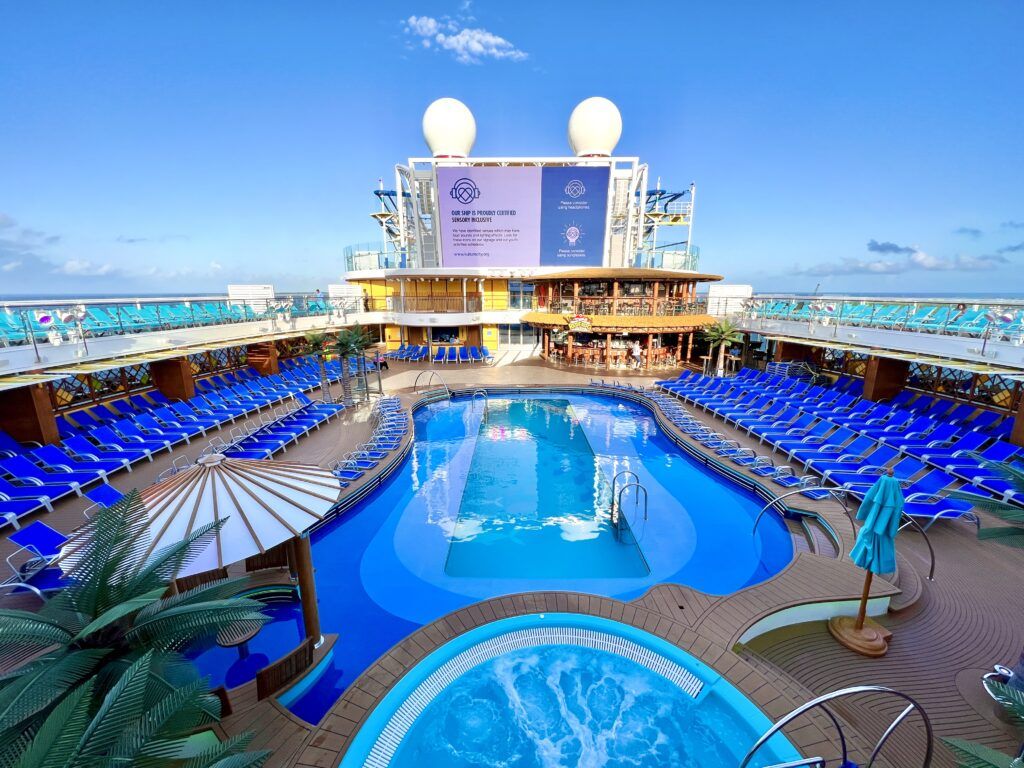
As mentioned, cruising is an incredible vacation option for families of all ages, but also friends or couples. Virgin Voyages markets to an adult crowd, with a minimum age of 18 to board to let loose, while Viking does the same on its ocean voyages, but targets more mature couples.
Carnival Cruise Line has modernized its fleet drastically in the past decade, but still offers cheap and cheerful short cruises for college kids or young couples on a tight budget. This cruise line features a wide variety of homeports around the U.S. including Long Beach (Los Angeles), Galveston, New Orleans, Miami, and plenty more.
Another trend in cruising is the rise of the solo cruiser. Whether you’re looking to meet new people or got tired of waiting around for your spouse to book that trip, solo travelers flock to ships for their built-in community and security. Many cruise lines have begun to pay closer attention to single staterooms with affordable pricing, as well as lounges and programming to accommodate individual cruisers.
Geographically speaking, North Americans still dominate the cruise market, but Europeans, South Americans, Asians, and Australians also love to cruise.
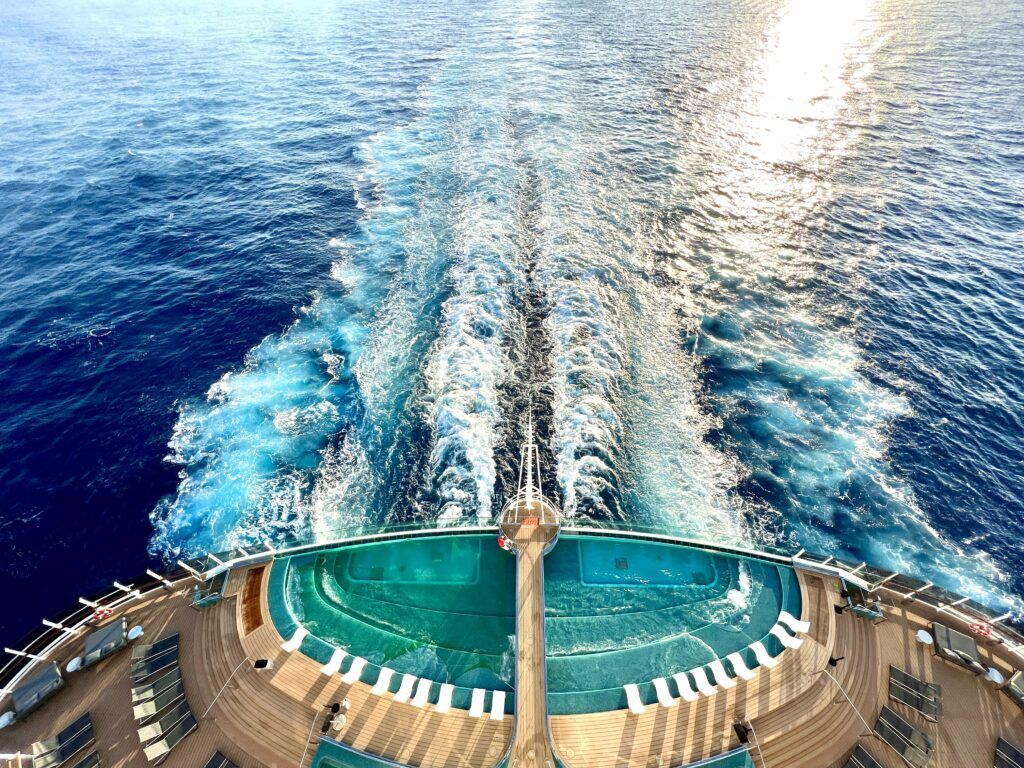
Who should not go on a cruise?
In our opinion, cruising is one of those “Don’t knock it till you try it” things. It’s hard to fully explain the experience without living it firsthand. So, our recommendation is to try it once before you cross it off your list forever.
However, there are some characteristics of any traveler that might become a red flag for a vacation at sea. If in doubt, talk to a travel advisor who specializes in cruising to help guide you on whether this might be the wrong vacation option.
Pause if you have a fear of being at sea without land in sight.
While those of us who love being at sea can’t imagine anything more serene or satisfying, anyone with a legitimate concern of being out of sight of land might feel much differently. If you or a loved one has a deep-seated fear of being at sea, maybe reconsider a big ocean cruise. The anxiety might not be worth the effort.
An alternative to this is to consider a river cruise. On much smaller vessels and always within sight of the shore, river ships offers the relaxation of a cruise without any motion or “sea days.”
Pause if you think you’ll feel confined onboard a ship.
Of course, there are ways to remedy this concern by booking a spacious ship and being sure to choose an itinerary with few to no sea days (day-long stretches without stepping foot on land). Still, some people just can’t move beyond the feeling of being “trapped” on a ship because it is a confined space (even when they are 20 decks high and football fields long).
On average, cruise cabins are smaller than hotel rooms. If you’re planning to spend a lot of time in the room and are worried about feeling cramped, consider a room with a balcony or a connecting cabin or suite, if that’s a possibility for you.
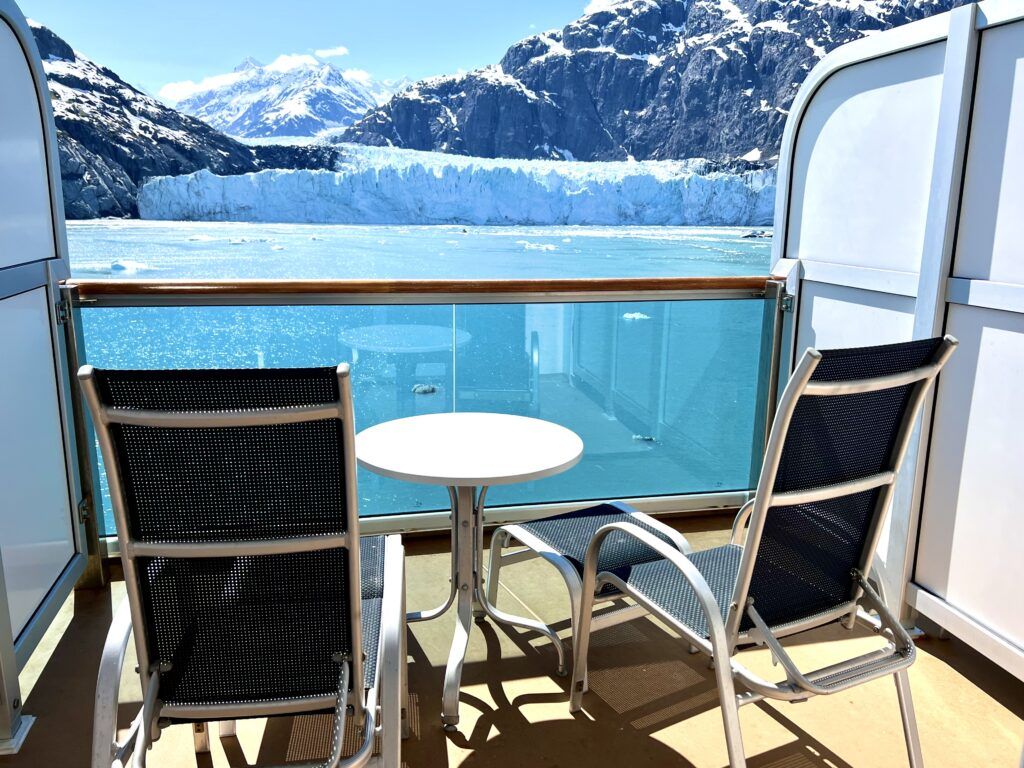
Pause if you feel uncomfortable around crowds.
The nice thing about cruising is that there is a cruise ship for every type of traveler. While many “mainstream” oceangoing ships can accommodate thousands of other people, those are not the only cruise ships on the market.
If you know you might feel anxious in a sea of other folks (and these days who could blame you), then look at smaller ships. There are sailing ships and expedition-style ships that carry just a few dozen people, up to small ships with a few hundred. Read reviews online for a better idea of passenger flow and ship layout.
Pause if you take yourself too seriously.
There are ships that double as actual research vessels; cruise lines that focus on lectures and enrichment; and theme cruises where you can nerd out over every hobby or interest imaginable. But generally speaking, a cruise vacation isn’t a serious endeavor.
There is a certain level of lighthearted camp on cruise ships, whether it’s hokey announcements from the cruise director or a towel-folding demonstration. Pool games might be silly and staff members in the dining room might break out in song and dance, napkins waving in the air.
Of course, these things all vary by the cruise line you select, but don’t be surprised to find a little lame humor or over-the-top décor interspersed throughout. And really don’t be surprised if you find yourself won over by the experience anyway. Eye-rolling and refusing to give in even a little to the absurdity of it all somewhat defeats the purpose.
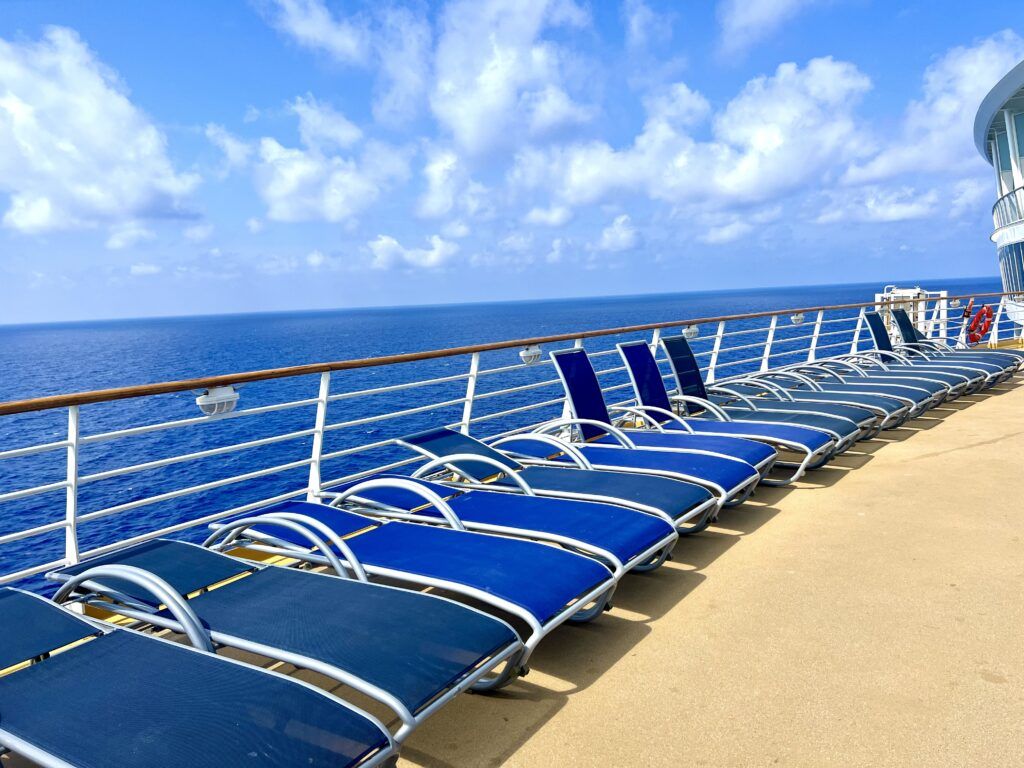
What are the pros and cons of going on a cruise?
By now you might have an idea of some of the benefits as well as the potential downsides of cruising. But this rapid-fire list of pros and cons might help you visualize if your travel priorities are well matched to the vacation style that is a cruise.
Pros
- Unpack once but visit multiple places
- Activities for all ages
- Enjoy resort-like amenities onboard while traveling to each port
- Ships to suit all sizes and travel styles
- Visit a variety of new places without having to arrange logistics
- Dietary restrictions are well accommodated
- Do everything or nothing — the choice is yours
- Some sailings don’t require a passport
- Multiple homeports around the U.S. mean that you can avoid long-haul flights
- Kid and teen clubs are always free
- The ship is technically able to reposition to avoid bad weather
- Private islands are a remarkable and free cruise line offering
Cons
- Being at sea always runs the risk of motion sickness
- Depending on the ship, there might be crowds
- Time in port is limited and rarely overnight
- Thousands of other cruisers in a port could make it overwhelming
- Excursions vary, but many operate in larger groups
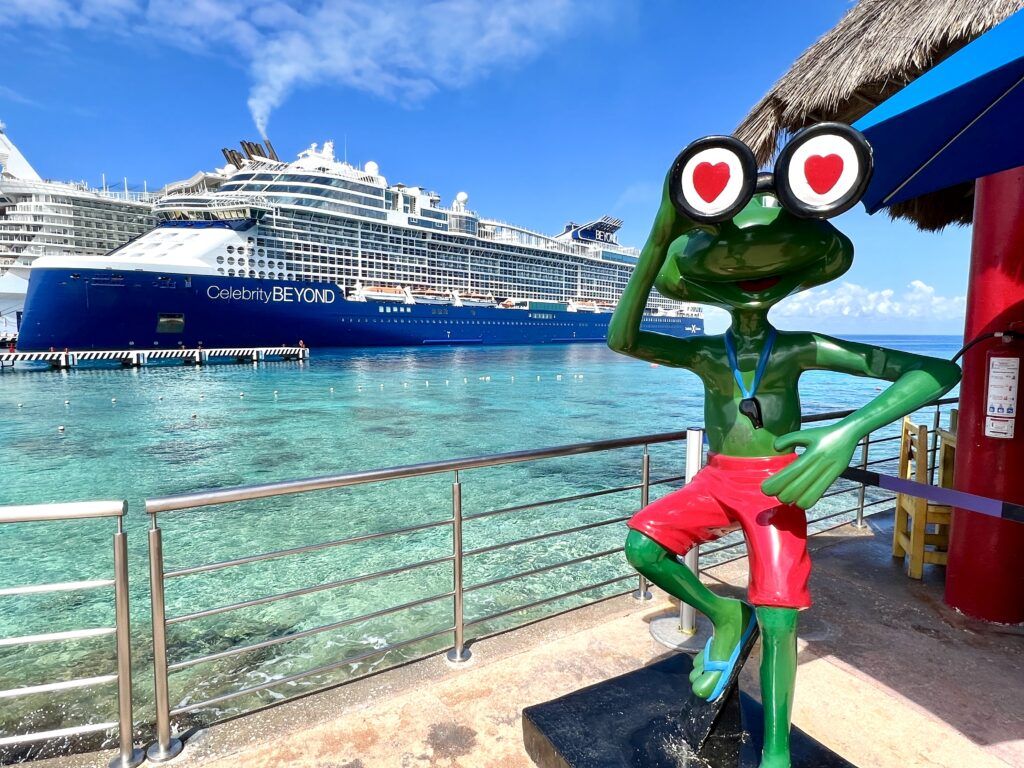
Are cruise vacations worth it?
In terms of value for money, cruising is widely considered a worthwhile vacation investment. Like any land-based resort, there are budget-friendly options, kid-friendly cruises, adults-only ships, and all-inclusive luxury offerings. Cruising is far from a one-size-fits-all approach.
If you are still on the fence about booking a cruise, try one where the stakes are low. We mean a short cruise for just a few nights, ideally from a port within driving distance or a cheap, domestic flight away. If you don’t plan to be in your room often, an inside cabin is fine but also consider an ocean-view.
Getting onboard a ship for a few days will give you an idea of whether you can imagine yourself on a longer cruise or a different ship. Pulling the trigger on a big-ticket item like a cruise can certainly be intimidating but keep your test cruise simple and approachable.
If it’s not for you? Totally fine — we promise not to report you to the cruise police. But an investment in yourself for some well-deserved time off? In our opinion, that’s always worth it.
BOOK NOW: Exclusive Rates on Cruises!
Comments
What is your advice to those who are considering if they should go on a cruise? Do you have any other pros and cons of cruise travel to add to this list? Drop us an anchor below to share your cruise experiences.


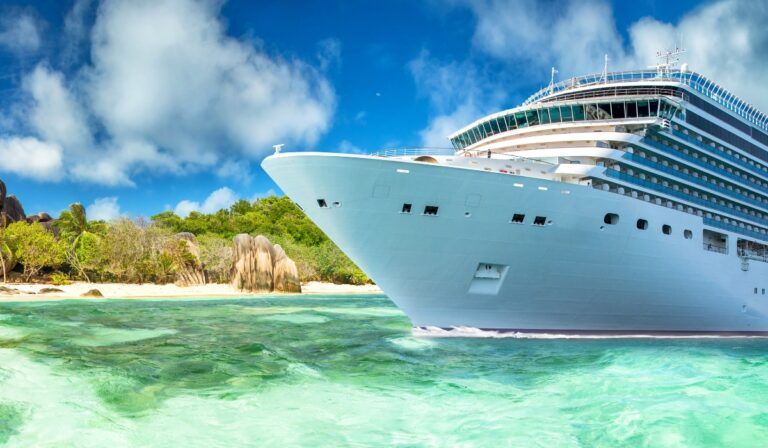

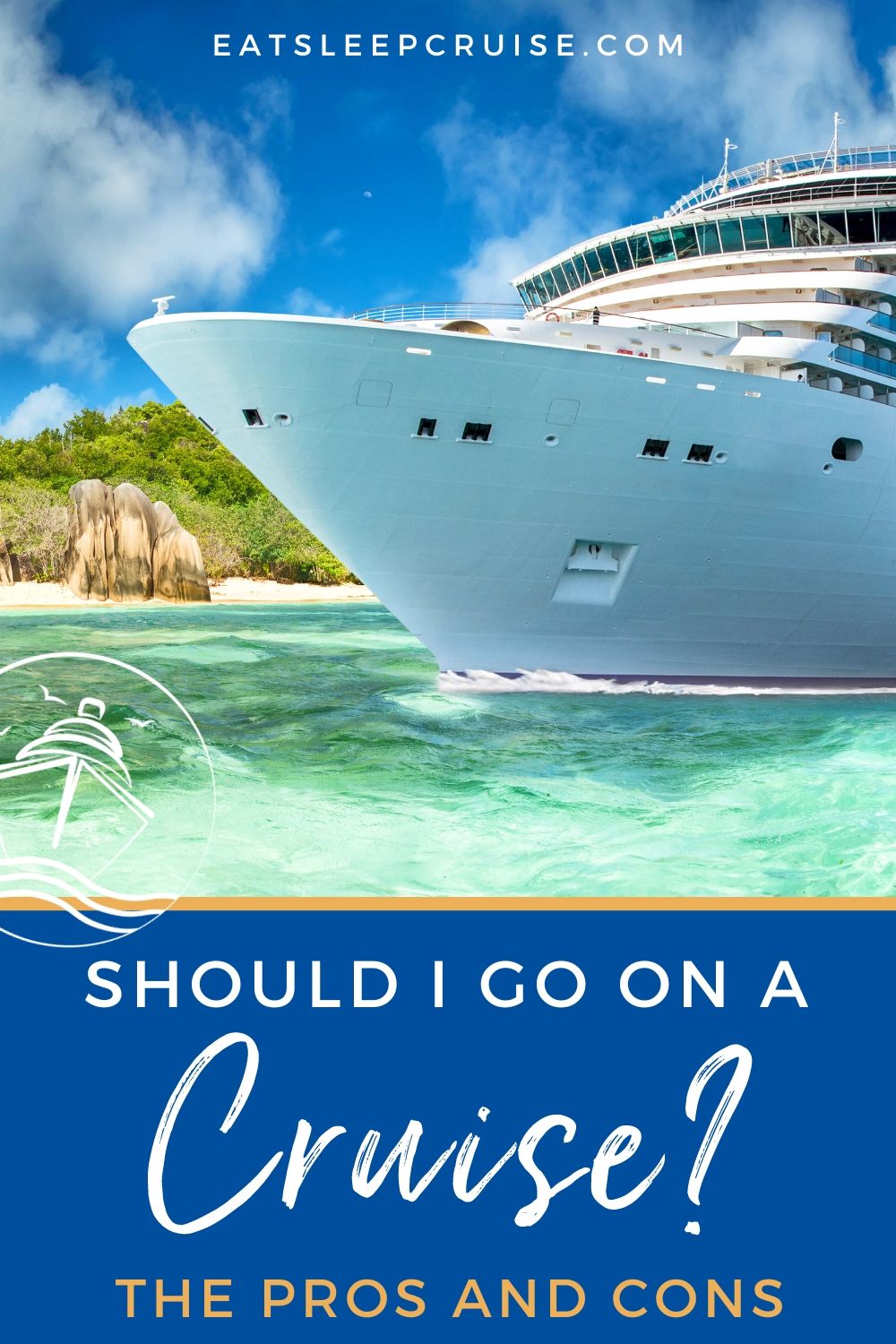
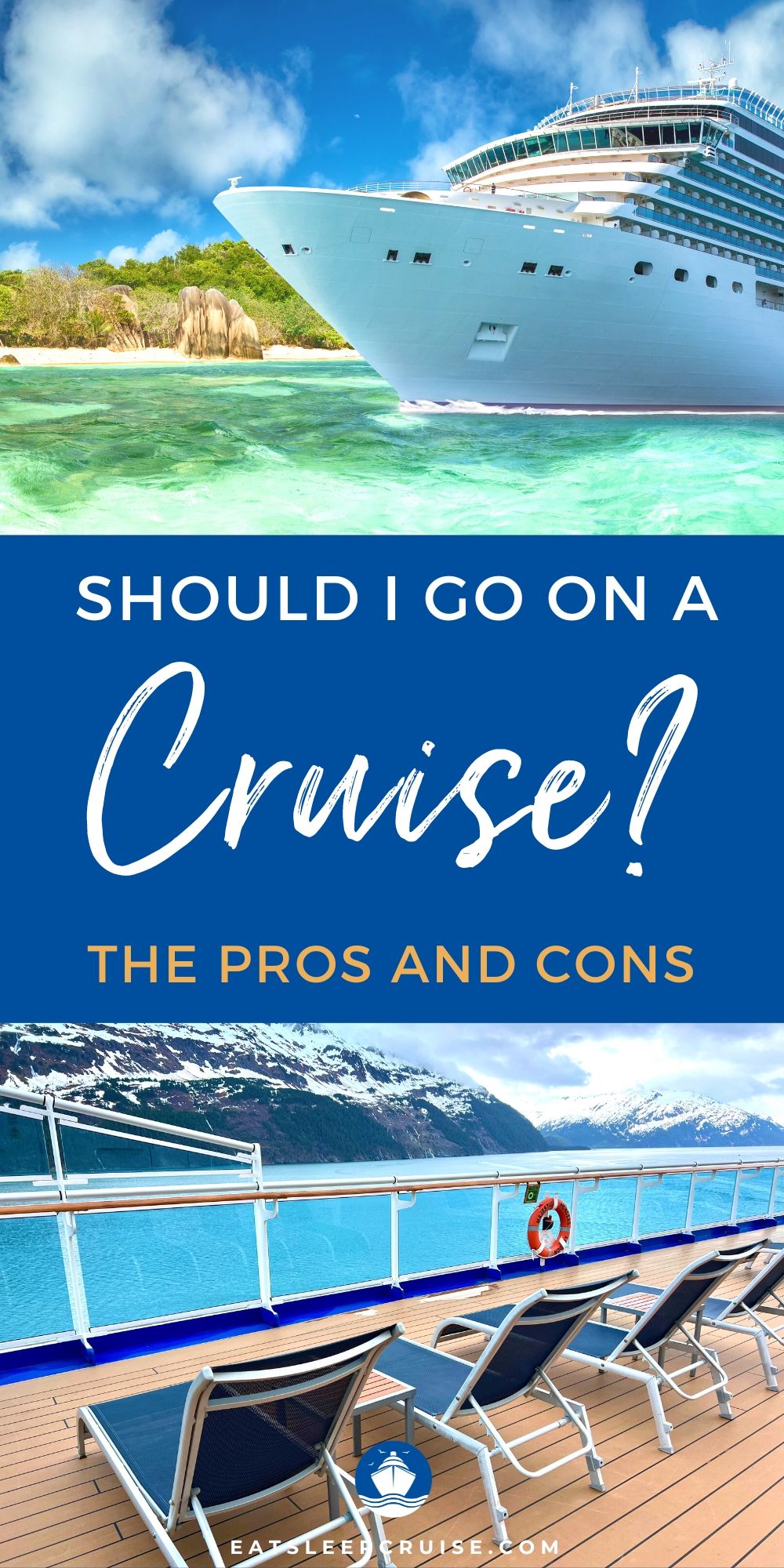




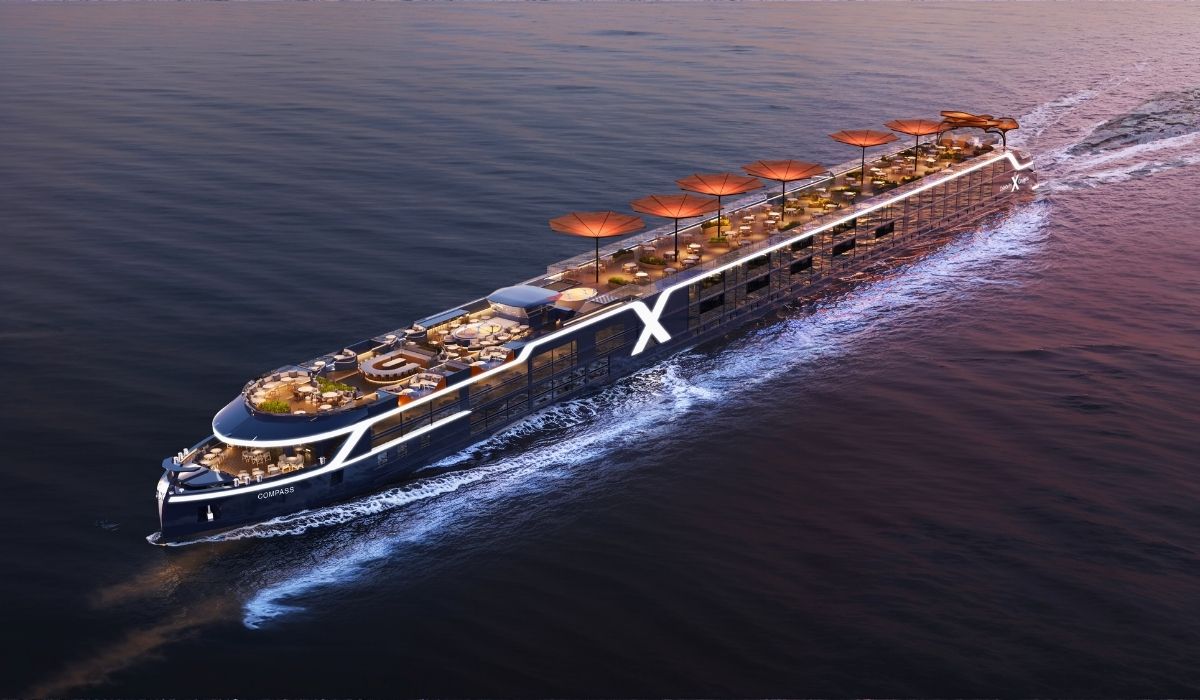

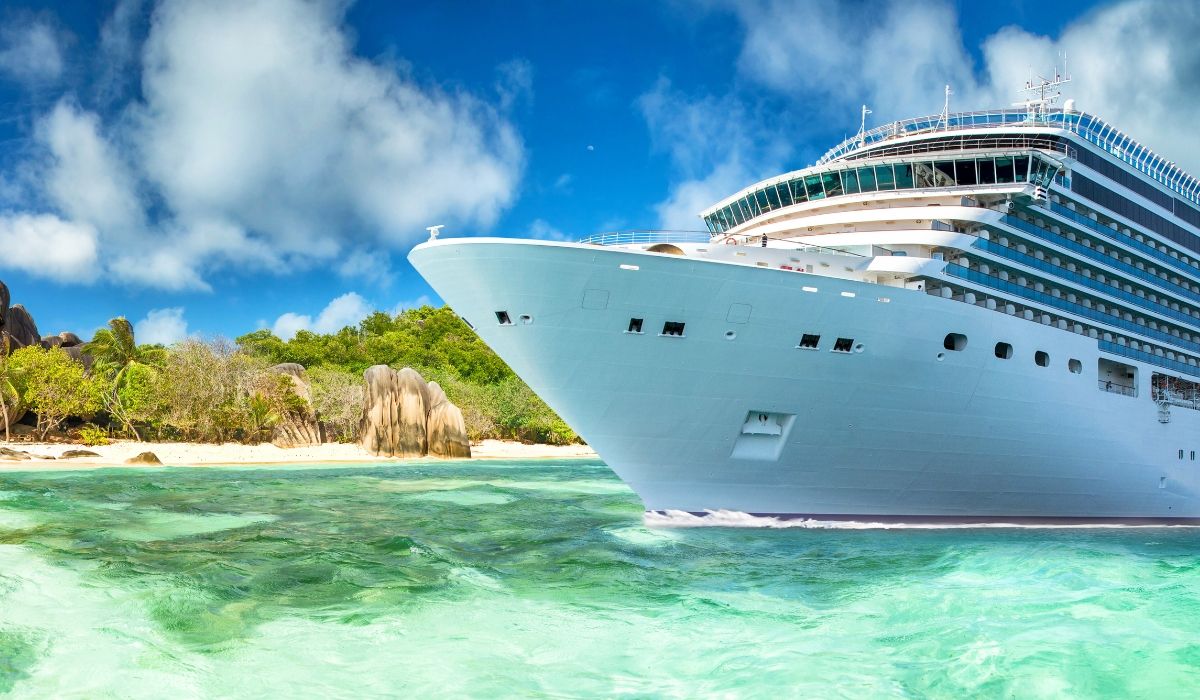


3 comments